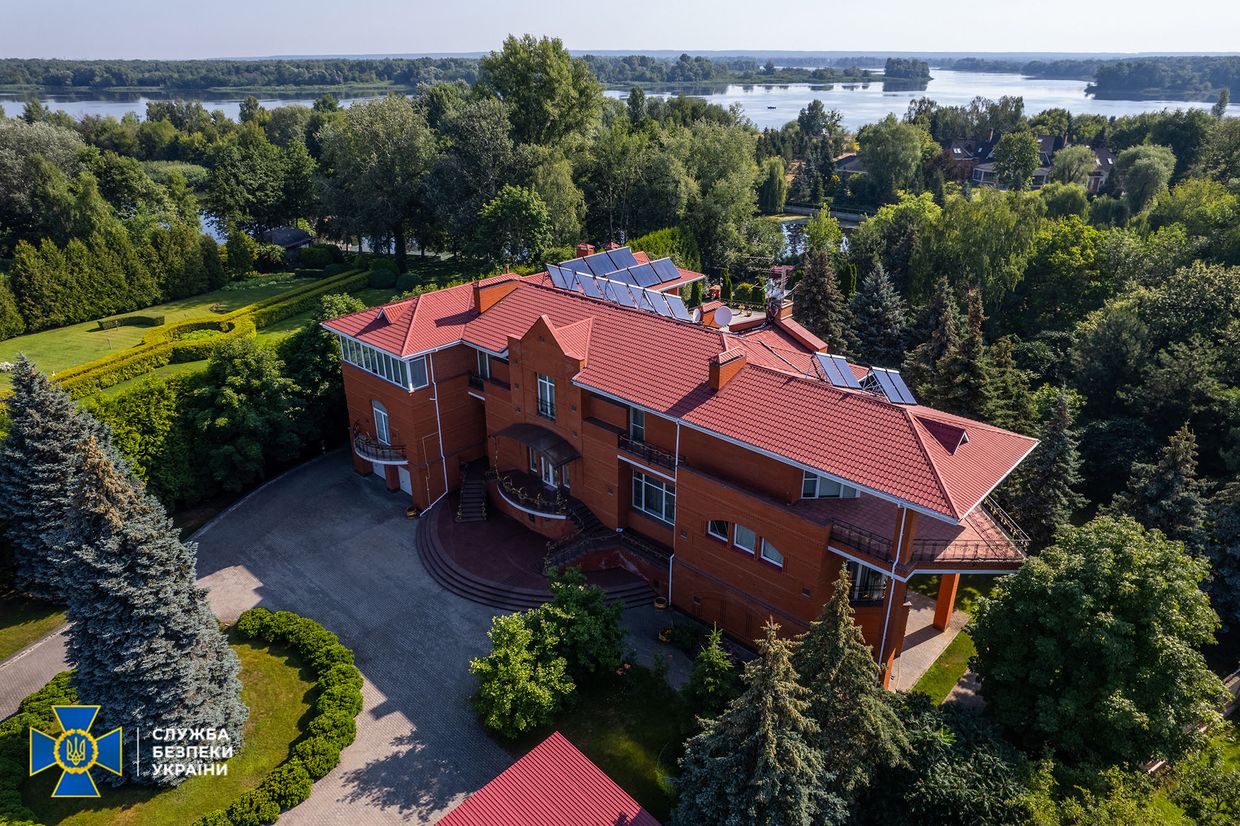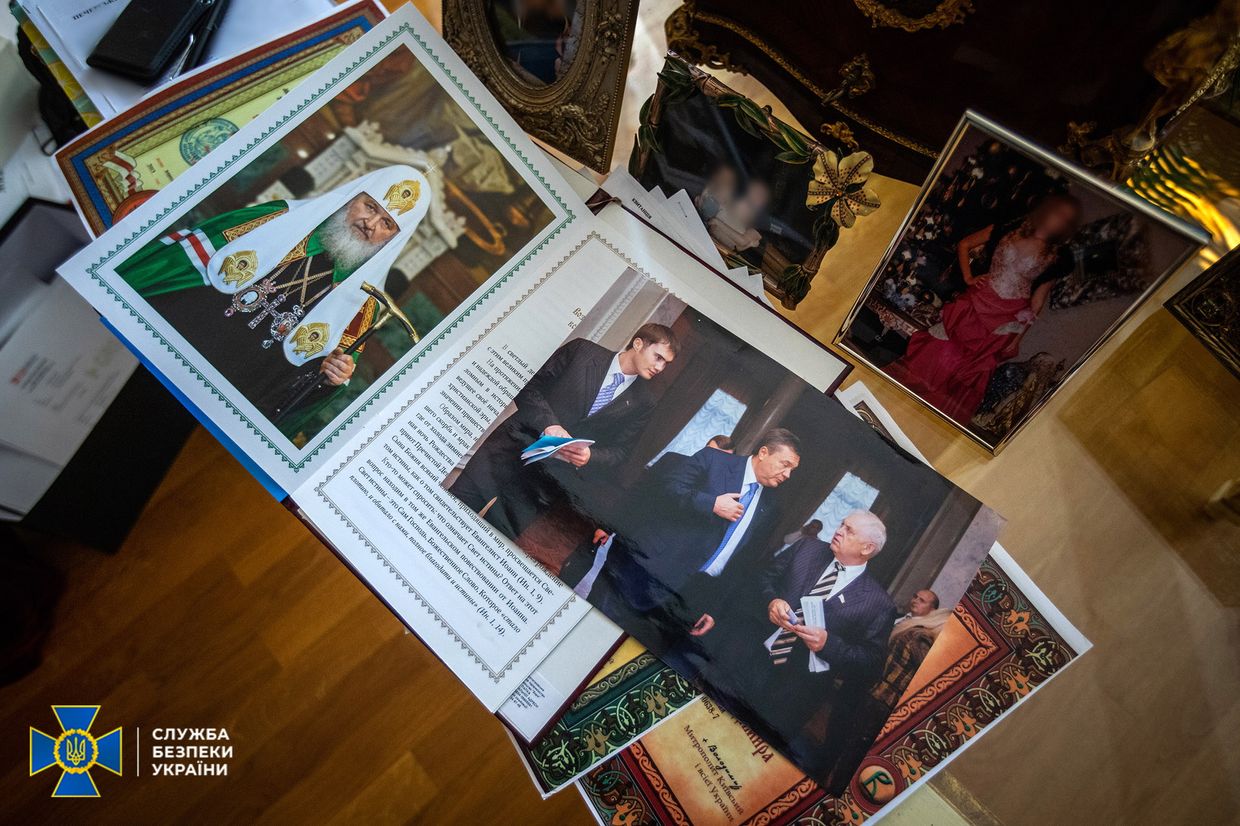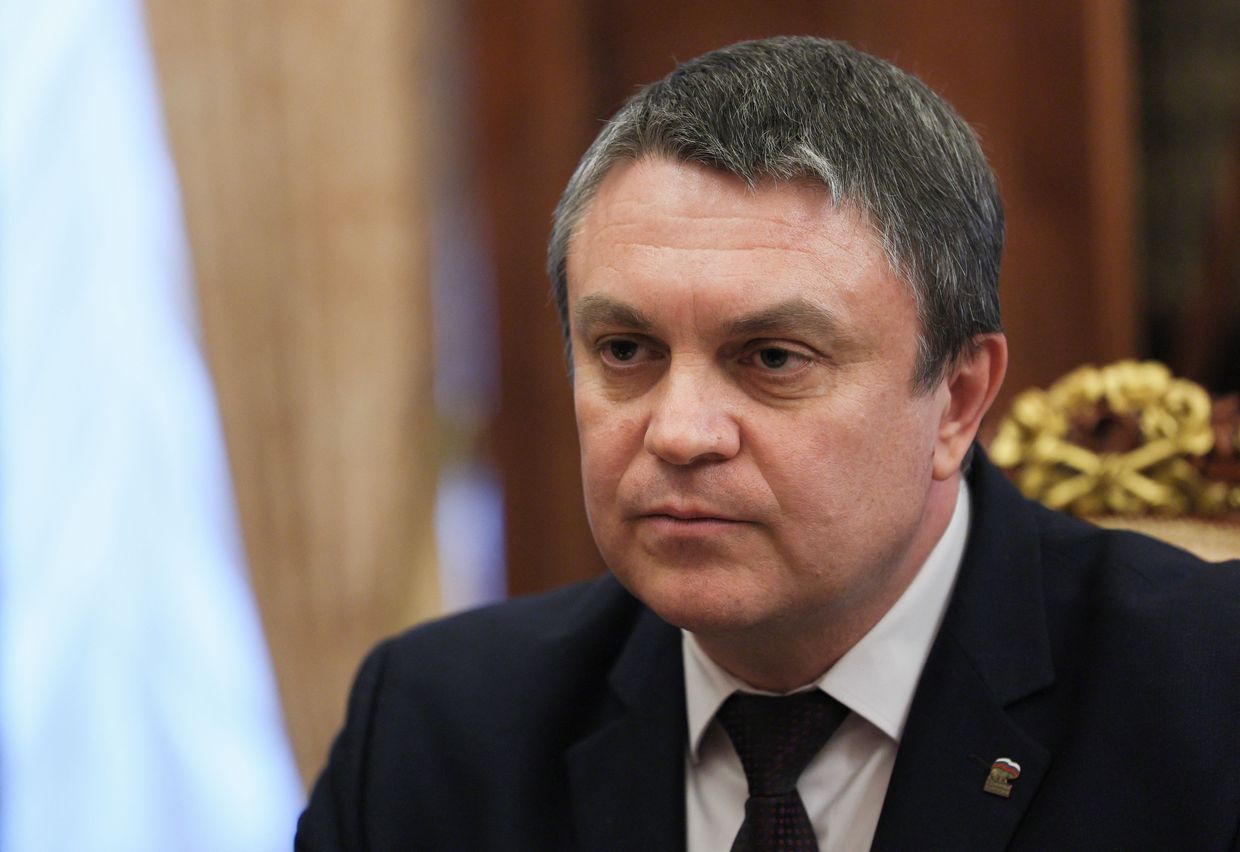Court freezes assets of Yanukovych's 'confidant' worth over $24 million.
Support independent journalism in Ukraine. Join us in this fight.
Become a member Support us just onceA Ukrainian court froze the assets of an ex-lawmaker and former pro-Russian President Viktor Yanukovych's "confidant," suspected of financing Russian-backed forces in the occupied part of Donetsk Oblast, Ukrainian law enforcement agencies reported on July 18. The total amount of the seized assets exceeds Hr 1 billion (£24 million), according to the Security Service of Ukraine (SBU). These include bank accounts, four apartments in Kyiv, a house and a land plot outside of Kyiv, and seven premium cars.
While neither the SBU nor the Prosecutor General's Office has disclosed the name, Ukrainska Pravda, citing its unnamed sources, reported that the defendant is Mykola Yankovskyi.
 The property of an ex-lawmaker and former pro-Russian President Viktor Yanukovych's confidant. (SBU)
The property of an ex-lawmaker and former pro-Russian President Viktor Yanukovych's confidant. (SBU)
 The property of an ex-lawmaker and former pro-Russian President Viktor Yanukovych's confidant. (SBU)
The property of an ex-lawmaker and former pro-Russian President Viktor Yanukovych's confidant. (SBU)
The lawmaker, as well as other defendants, are suspected of financing terrorism, the SBU said. If found guilty, they may face up to 15 years in prison. According to the prosecutors, the defendants produced medicine for Russian-controlled military hospitals and institutions in the occupied town of Horlivka in Donetsk Oblast.
Yankovskyi, 79, who was a member of the Yanukovych-led pro-Kremlin Party of Regions, reportedly left Ukraine before Russia's full-scale invasion in 2022. Two other collaborators continue to run the illegal business in Horlivka.
According to the prosecutors, the illegal business supplies medicine to pharmacies and military hospitals, as well as for Russin military first aid kits.
Top Russia collaborator sentenced to 12 years in absentia
Leonid Pasechnik, the Russia-installed head of the occupied territories in Luhansk Oblast, was found guilty of undermining Ukraine's territorial integrity and collaborationism, Ukraine's Security Service (SBU) reported on July 2.
